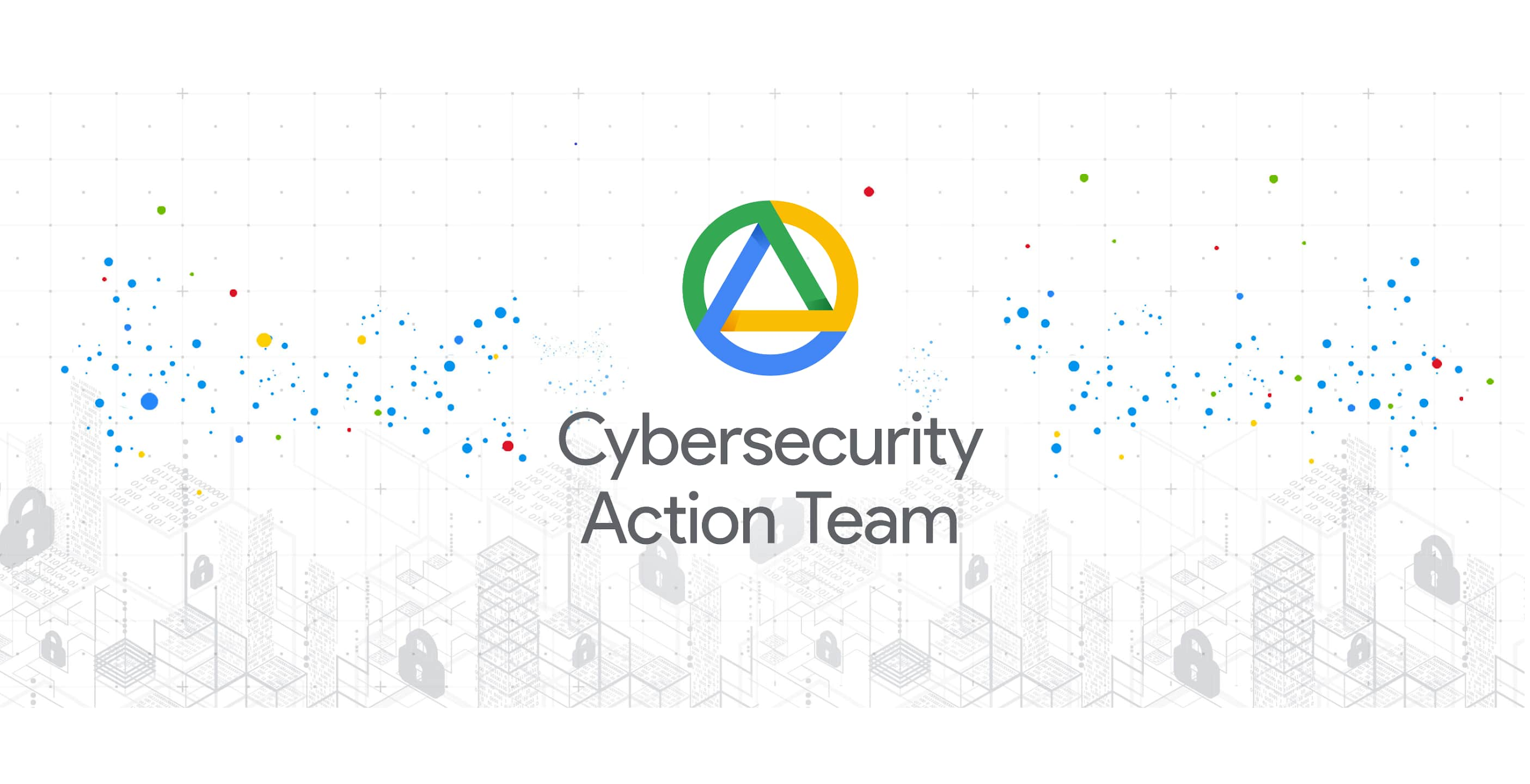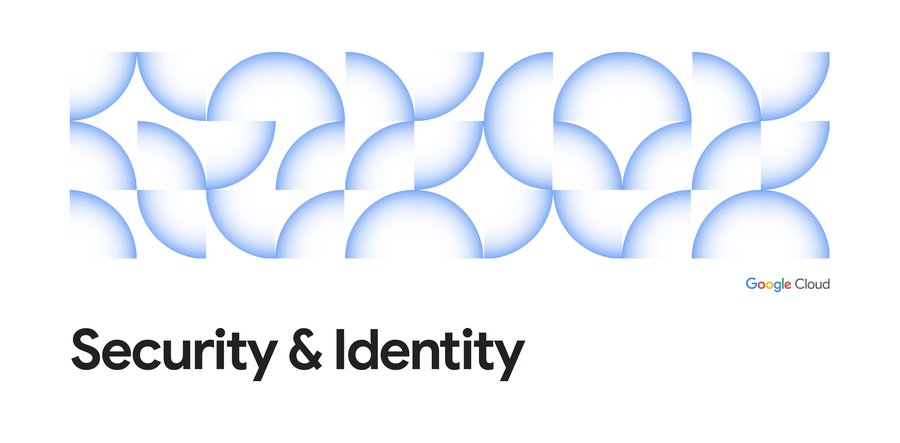Google Cloud’s preparations to address the Digital Operational Resilience Act

Phil Venables
VP, TI Security & CISO, Google Cloud
European legislators came to an inter-institutional agreement on the Digital Operational Resilience Act (DORA) in May 2022. This is a major milestone in the adoption of new rules designed to ensure financial entities can withstand, respond to and recover from all types of ICT-related disruptions and threats, including increasingly sophisticated cyberattacks.
DORA will harmonize how financial entities must report cybersecurity incidents, test their digital operational resilience, and manage ICT third-party risk across the financial services sector and European Union (EU) member states. In addition to establishing clear expectations for the role of ICT providers, DORA will also allow financial regulators to directly oversee critical ICT providers.
Google Cloud welcomes the agreement on DORA. As part of our Cloud On Europe’s Terms initiative, we are committed to building trust with European governments and enterprises with a cloud that meets their regulatory, digital sovereignty, sustainability, and economic objectives.
We recognize the continuous effort by the European Commission, European Council, and European Parliament to design a proportionate, effective, and future-proof regulation. We have been engaging with the policymakers on the DORA proposal since it was tabled in September 2020, and appreciate the constructive dialogue that the legislators have held with ICT organizations.
Google Cloud’s perspective on DORA
We firmly believe that DORA will be crucial to the acceleration of digital innovation in the European financial services sector. It creates a solid framework to enhance understanding, transparency, and trust among ICT providers, financial entities, and financial regulators.
Here are a few key benefits of DORA:
Coordinated ICT incident reporting: DORA consolidates financial sector incident reporting requirements under a single streamlined framework. This means financial entities operating in multiple sectors or EU member states should no longer need to navigate parallel, overlapping reporting regimes during what is necessarily a time-sensitive situation. DORA also aims to address parallel incident reporting regimes like NIS2. Together these changes help get regulators the information they need while also allowing financial entities to focus on other critical aspects of incident response.
New framework for digital operational resilience testing: Drawing on existing EU initiatives like TIBER-EU, DORA establishes a new EU-wide approach to testing digital operational resilience, including threat-led penetration testing. By clarifying testing methodology and introducing mutual recognition of testing results, DORA will help financial entities continue to build and scale their testing capabilities in a way that works throughout the EU. Importantly, DORA addresses the role of the ICT provider in testing and permits pooled testing to manage the impact of testing on multi-tenant services like public clouds.
CoordinatedICT third party risk management: DORA builds on the strong foundation established by the European Supervisory Authorities’ respective outsourcing guidelines by further coordinating ICT third-party risk management requirements across sectors, including the requirements for contracts with ICT providers. By helping to ensure that similar risks are addressed consistently across sectors and EU member states, DORA will enable financial entities to consolidate and enhance their ICT third-party risk management programs.
Direct oversight of critical ICT providers: DORA will allow financial regulators to directly oversee critical ICT providers. This mechanism will create a direct communication channel between regulators and designated ICT providers via annual engagements, including oversight plans, inspections, and recommendations. We’re confident that this structured dialogue will help to improve risk management and resilience across the sector.
How Google Cloud is preparing for DORA
Although political agreement on the main elements of DORA have been reached, legislators are still finalizing the full details. We expect the final text to be published later this year and that there will be a two-year implementation period after publication. While DORA isn’t expected to take effect until 2024 at the earliest, here’s four important topics that DORA will impact and what Google Cloud does to support our customers in these areas today.
Incident reporting: Google Cloud runs an industry-leading information security operation that combines stringent processes, a world-class team, and multi-layered information security and privacy infrastructure. Our data incident response whitepaper outlines Google Cloud’s approach to managing and responding to data incidents. We also provide sophisticated tools and solutions that customers can use to independently monitor the security of their data, such as the Security Command Center. We continuously review our approach to incident management based on evolving laws and industry best practices, and will be closely following the developments in this area under DORA.
Digital operational resilience testing: We recognize that operational resilience is a key focus for the financial sector. Our research paper on strengthening operational resilience in financial services by migrating to Google Cloud discusses the role that a well-executed migration to Google Cloud can play in strengthening resilience. We also recognize that resilience must be tested. Google Cloud conducts our own rigorous testing, including penetration testing and disaster recovery testing. We also empower our customers to perform their own penetration testing and disaster recovery testing for their data and applications.
Third-party risk: Google Cloud’s contracts for financial entities in the EU address the contractual requirements in the EBA outsourcing guidelines, the EIOPA cloud outsourcing guidelines, the ESMA cloud outsourcing guidelines, and other member state requirements. We are paying close attention to how these requirements will evolve under DORA.
Oversight: Google Cloud is committed to enabling regulators to effectively supervise a financial entity’s use of our services. We grant information, audit and access rights to financial entities, their regulators and their appointees, and support our customers when they or their regulators choose to exercise those rights. We would approach a relationship with a lead overseer with the same commitment to ongoing transparency, collaboration, and assurance.
We share the same objectives as legislators and regulators seeking to strengthen the digital operational resilience of the financial sector in Europe, and we intend to continue to build on our strong foundation in this area as we prepare for DORA. Our goal is to make Google Cloud the best possible service for sustainable, digital transformation for European organizations on their terms—and there is much more to come.



